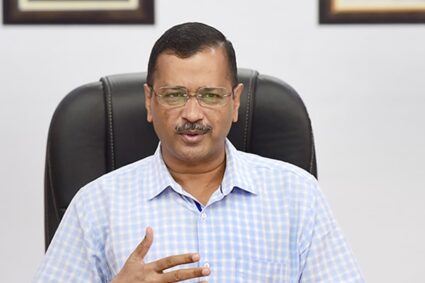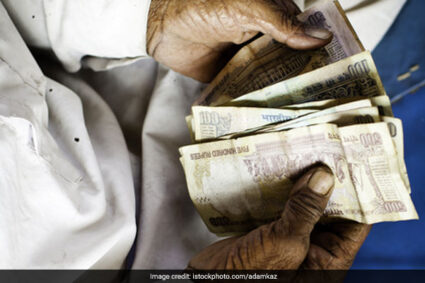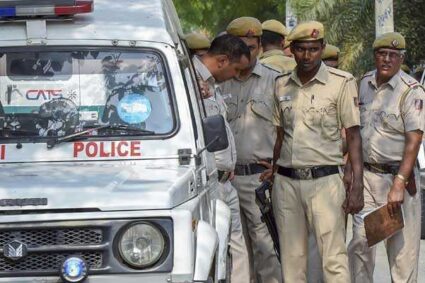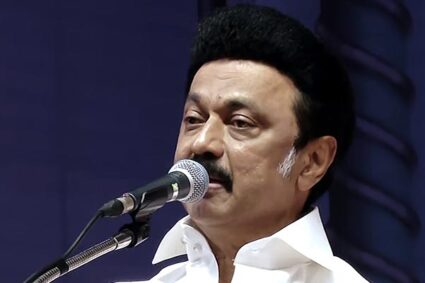

Jammu and Kashmir’s coronavirus lockdown was extended till May 24 on Saturday.
Srinagar:
Coronavirus vaccinations have practically come to a halt in Kashmir with many districts reporting zero doses administered on Saturday.
Only 504 people were vaccinated across 10 districts in the valley of 1.4 crore of people. Srinagar district, home to the capital city, reported zero vaccination.
Official sources say no vaccines are available in the region because supplies have not been replenished in the last week.
“We received the last supply of vaccines last Saturday. There are no vaccines available,” said a senior officer, requesting not to be named.
The Jammu and Kashmir administration on Saturday extended till May 24 the lockdown imposed across the union territory after a massive spike in COVID-19 cases and deaths.
Except for a few essential services, no one is being allowed to move. The restrictions were scheduled to end on Monday.
Roads have been barricaded and routes in and out of Srinagar city have been sealed.
A large number of security forces have been deployed across the region to enforce the lockdown.
Restrictions were further tightened after the return of thousands of troops who were sent for election duty in West Bengal.
Jammu and Kashmir reported 3,677 COVID-19 cases and 63 deaths on Saturday, taking the tally of infections past 2.40 lakh, while fatalities to 3,090.
Officials say 28 lakh vaccine doses have been administered in Jammu and Kashmir. These include security forces and police. Most security personnel have received both doses.
Vaccination for the age group above 18 has hardly moved beyond symbolism in Jammu and Kashmir. There are just two vaccination centres for those above 18 years of age across the union territory giving only 300 shots a day. This too was halted after supplies stopped for the last one week.
Jammu, however, has fared better. Around 14,000 people were vaccinated on Saturday but it was far less than regular inoculation numbers.
The central government, which governs Jammu and Kashmir, has been widely criticised for its vaccination policy marked by slow-buying of doses initially leading to the shortage and abruptly shifting the responsibility on states.
Despite being the world’s largest vaccine maker, India has been able to vaccinate less than 3 per cent of its population so far and is one of the few countries where vaccinations are not free. It is the only country where the central government is not buying all the vaccines for its citizens.






